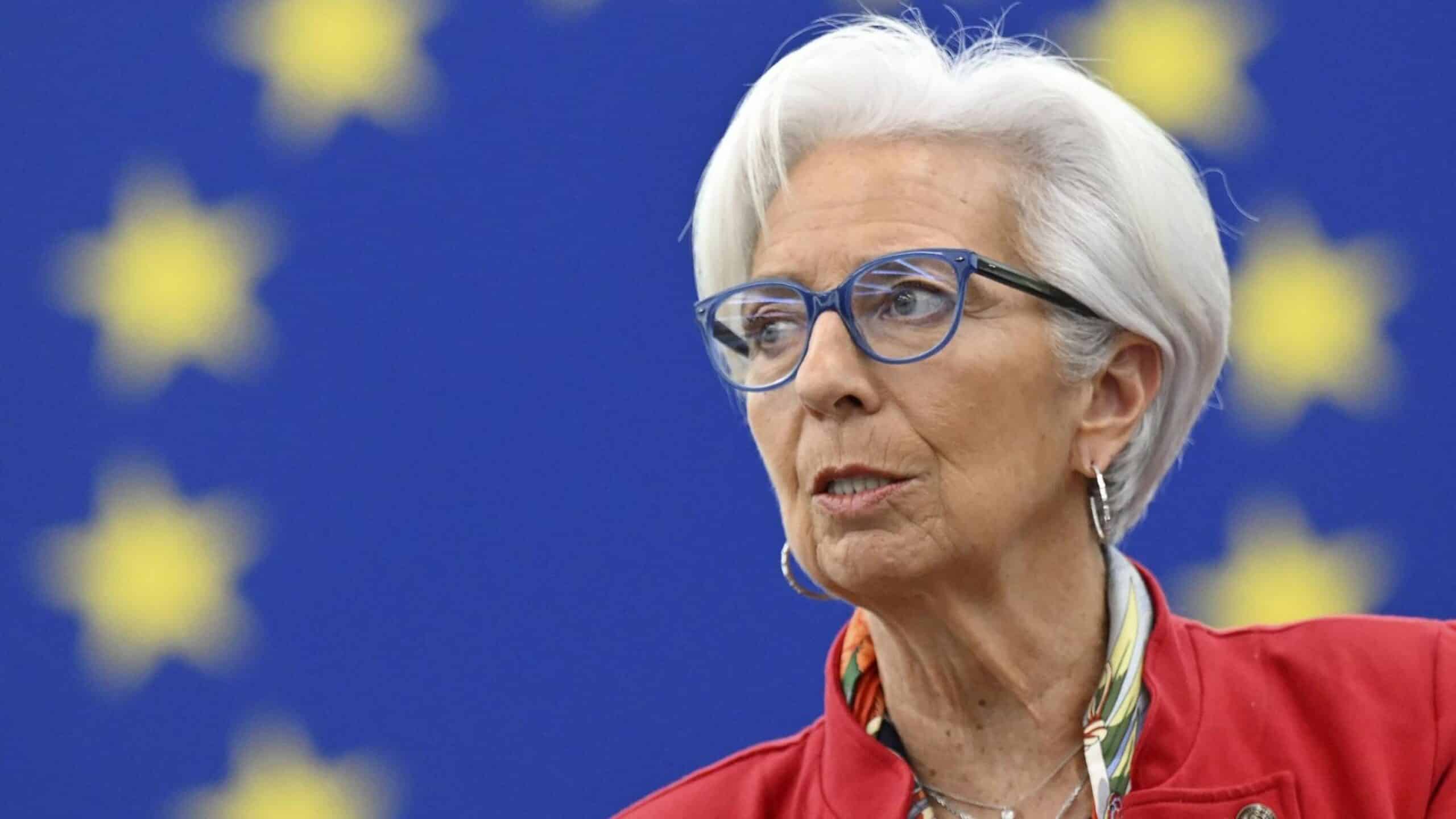According to the President of the European Central Bank, developing and implementing a digital euro is anticipated to require a minimum of two years. This statement was made in response to privacy concerns about the central bank digital currency (CBDC).
The European Central Bank (ECB) is currently faced with crucial deliberations regarding advancing preparations for the Central Bank Digital Currency (CBDC) in the forthcoming weeks. However, a notable portion of the European Parliament, whose approval is necessary for implementing such plans, exhibits a degree of skepticism towards this initiative.
Lagarde Spoke About the Pilot Phase of the CBDC
The decision regarding the further piloting of the project will be made by the Governing Council of the European Central Bank (ECB) in the latter part of October, as stated by Christine Lagarde, the President of the ECB, during her testimony before the Economic and Monetary Affairs Committee of the European Parliament. Based on current projections, the pilot phase will likely extend for at least two years before reaching its conclusive stage.
In her statement, Lagarde emphasizes the importance of addressing the numerous conspiracy theories surrounding the implementation of a digital euro. She alludes to the notion that some individuals fear an intrusive surveillance system akin to the fictional entity known as Big Brother, dictating their purchasing habits, imposing restrictions, and exerting control over their lives.
Lagarde asserts that if these concerns are effectively assuaged, introducing a digital euro can be deemed successful. Furthermore, Lagarde highlights the necessity for the digital euro to balance privacy and transparency.
While it should offer users a certain degree of privacy, it should not provide absolute anonymity. Additionally, Lagarde underscores the significance of ensuring that the digital euro is user-friendly, accessible to all individuals without financial barriers, and universally applicable.
The European Central Bank’s Board Member, Fabio Panetta, has made a commitment that no decision regarding the issuance of a Central Bank Digital Currency (CBDC) will be made until there is a consensus among lawmakers and member governments of the European Union regarding the enactment of legislation that outlines robust privacy measures. However, it is essential to note that significant concerns and reservations still need to be addressed before such a decision can be reached.
To comprehensively address the prominent privacy concerns associated with requesting transaction and holding limits, as well as identification, which inevitably result in complete traceability, it is imperative to adopt a meticulous approach to conducting thorough assessments. By adhering to established protocols and industry best practices, one can effectively evaluate the potential ramifications and implications of such measures on individual privacy.
Robust Privacy Protection Systems Are a Priority
To begin with, it is essential to implement robust privacy frameworks that prioritize protecting personal information. This entails adhering to relevant data protection regulations and guidelines, such as the General Data Protection Regulation (GDPR) or other applicable laws, to ensure sensitive data’s lawful and ethical handling.
Organizations can establish a solid foundation for safeguarding user information by adopting a privacy-centric mindset. Furthermore, conducting regular privacy impact assessments (PIAs) can aid in identifying and mitigating any potential risks associated with collecting and storing personal data. These assessments systematically evaluate the privacy implications of specific processes, enabling organizations to address any concerns and implement necessary safeguards proactively.
By engaging in this proactive approach, organizations German centrist lawmaker Nicola Beer inquired on Monday with Christine Lagarde, the President of the European Central Bank (ECB). The inquiry pertained to the ECB’s proposed measures aimed at mitigating the risks associated with money laundering and preventing the excessive accumulation of Central Bank Digital Currencies (CBDCs), which could disrupt the stability of the commercial banking system. Could the potential implications of this not pose a hindrance to the widespread acceptance and adoption of the digital euro?
In a recent development, it has been brought to attention that the esteemed parliament has made a significant announcement regarding the digital euro law. Stefan Berger, a distinguished figure from Germany, will guide this crucial legislation through the parliamentary process.
It is worth noting that Mr. Berger has played a pivotal role in shaping the European Union’s crypto licensing law, known as MiCA. This appointment underscores his expertise and influence in digital currencies within the European context.































































































































































